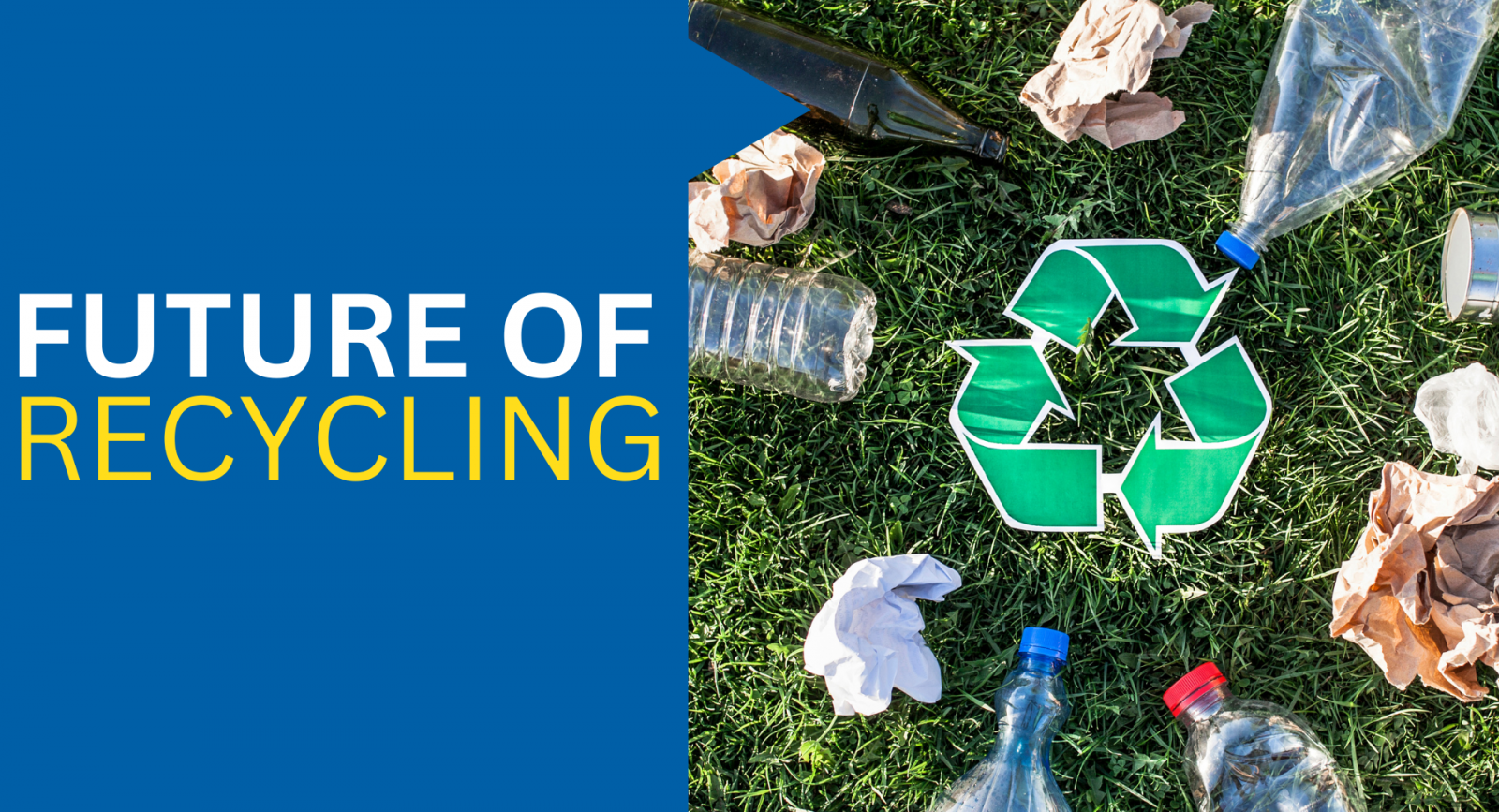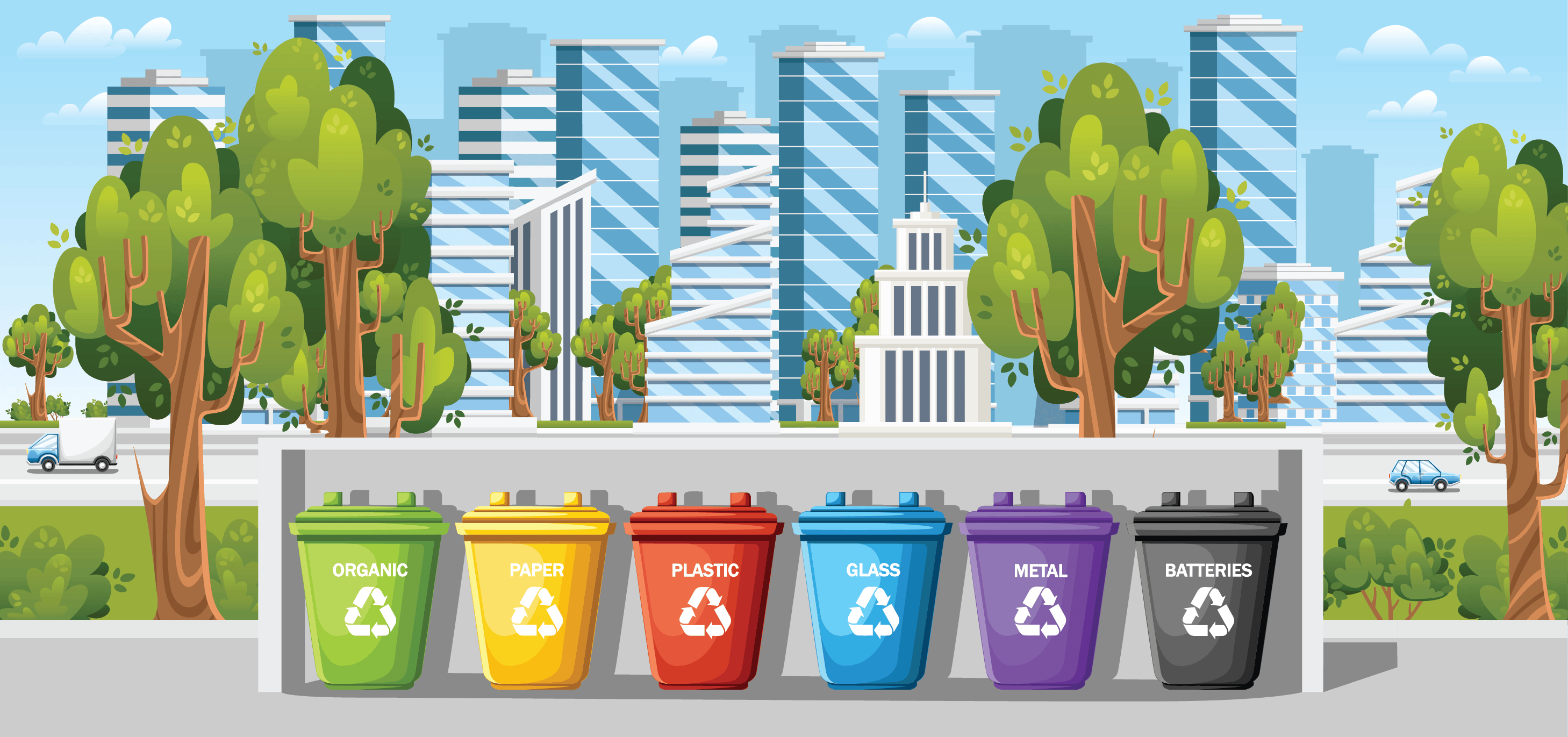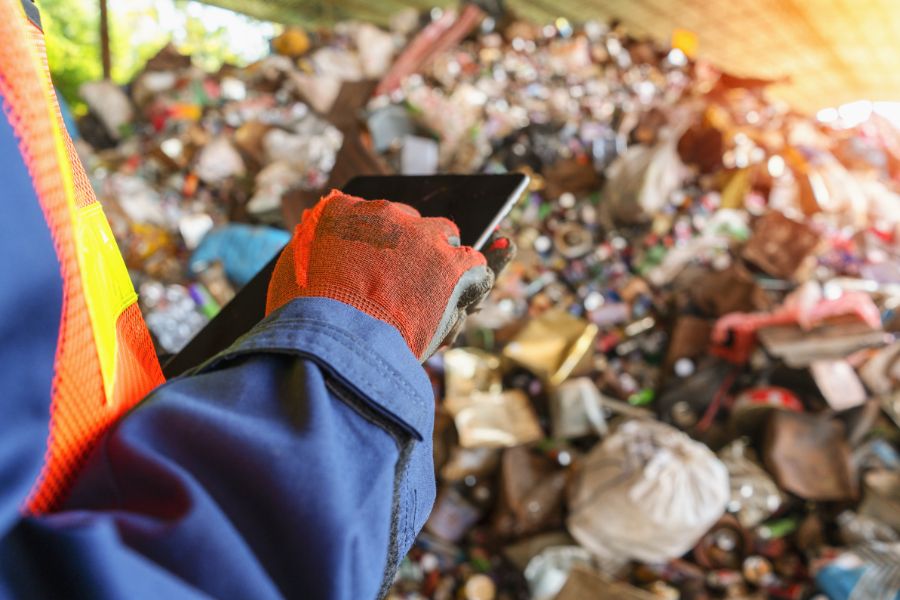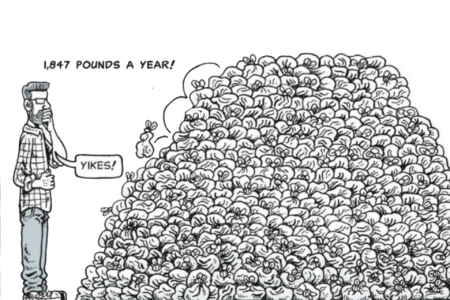
Introduction
Recycling plays a crucial role in promoting environmental sustainability by conserving resources, reducing waste, and minimizing pollution. As society becomes increasingly aware of the need for sustainable practices, exploring the future of recycling has never been more relevant or interesting. This article delves into the historical background of recycling, key concepts and definitions, main discussion points, case studies, current trends, challenges, controversies, and the future outlook of recycling.
Historical Background
Recycling has a rich history that dates back centuries. Its origins can be traced to ancient civilizations like the Egyptians and Romans, who repurposed materials such as metal, glass, and textiles. However, the modern recycling movement gained momentum in the 19th and 20th centuries with the rise of industrialization and mass production. The first municipal recycling program was established in New York City in the 1890s, paving the way for widespread adoption of recycling practices.
Significant milestones and events have shaped the development of recycling. The creation of Earth Day in 1970 marked a turning point in public awareness and participation. Additionally, the introduction of recycling symbols and labeling systems helped consumers identify recyclable materials and make informed choices. These milestones have laid the foundation for the future of recycling.
Key Concepts and Definitions
To understand the future of recycling, it is important to define its various forms. Mechanical recycling involves processing waste materials into new products with similar properties, while chemical recycling focuses on breaking down materials into their basic components for further use. Other forms of recycling include composting, upcycling, and energy recovery.
Key terms and concepts related to the future of recycling include the circular economy and waste management. The circular economy aims to eliminate waste by designing products that can be reused, repaired, or recycled. Waste management encompasses the collection, transportation, and processing of waste materials to minimize environmental impact.

Main Discussion Points
Technological advancements and innovations in recycling
Technological advancements have significantly improved the efficiency and effectiveness of recycling processes. Innovations such as automated sorting systems and advanced recycling technologies have increased recycling rates and reduced contamination. These advancements have also allowed for the introduction of new recycling methods, such as chemical recycling, which can handle complex and mixed materials.
Shift towards sustainable and circular economies
The future of recycling lies in the shift towards sustainable and circular economies. There is a growing emphasis on reducing waste and maximizing resource recovery. This involves integrating recycling into product design and lifecycle, enabling materials to be reused or recycled at the end of their lifespan. By closing the loop, the circular economy aims to create a regenerative system where resources are continuously reused.
Potential for recycling in emerging industries
As emerging industries like electric vehicles and renewable energy continue to grow, there is a need for recycling solutions for their components and materials. Recycling electric vehicle batteries, solar panels, and other complex materials present both challenges and opportunities. Developing specialized recycling infrastructure and processes is essential to ensure the responsible management of these emerging industries’ waste streams.

Case Studies or Examples
Real-world examples of successful recycling initiatives highlight the effectiveness of innovative approaches and technologies. For instance, the city of San Francisco implemented a comprehensive recycling program that achieved a waste diversion rate of over 80%. Another example is the use of robotic sorting systems in recycling facilities, which significantly improve sorting accuracy and efficiency.
Current Trends or Developments
Recent trends in recycling include increased public awareness and participation. People are becoming more conscious of the impact of their consumption habits and are actively engaging in recycling practices. Furthermore, research findings and studies provide valuable insights into the future of recycling, such as the potential for decentralized recycling systems and the importance of consumer education.
Challenges or Controversies
The recycling industry faces various challenges, including contamination issues and the lack of recycling infrastructure. Contaminated recyclables can jeopardize the entire recycling process, resulting in a significant waste of resources. Moreover, controversies and differing viewpoints surround topics like single-stream recycling, which involves mixing different types of recyclables, and incineration, which generates energy but emits pollutants.

Future Outlook
The future of recycling holds great promise, especially with advancements in technology. The potential impact of technological advancements on recycling practices is immense, from improved sorting and processing technologies to the development of novel recycling methods. Additionally, policy and regulation play a critical role in shaping the future of recycling, with governments and organizations implementing measures to incentivize recycling and promote sustainable practices.
Conclusion
In conclusion, recycling is a vital component of environmental sustainability. Exploring the future of recycling sheds light on the potential for technological advancements, the shift towards sustainable and circular economies, the recycling potential in emerging industries, and the challenges and controversies faced by the recycling industry. Continued research and innovation, as well as policy support, are essential for realizing the full potential of recycling.
References
- Smith, J. (2020). The History and Future of Recycling. Environmental Science & Technology, 54(12), 6997-7000.
- United Nations Environment Programme. (2019). Global Waste Management Outlook. Retrieved from [URL]
- Green, R., & Brown, S. (2018). Circular Economy: A Literature Review and Bibliometric Analysis. Sustainability, 10(3), 712.




